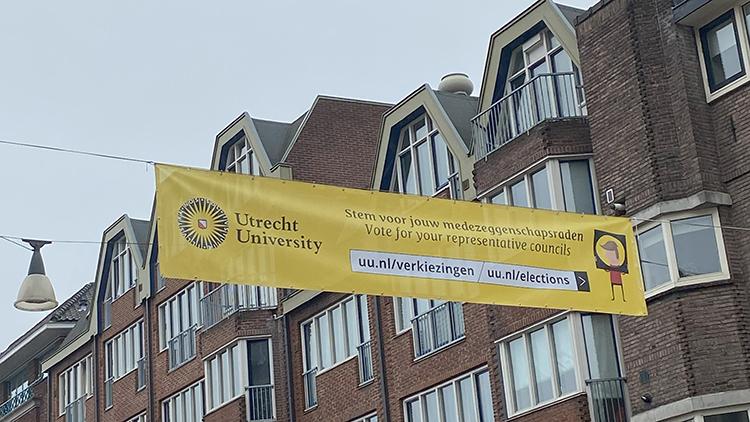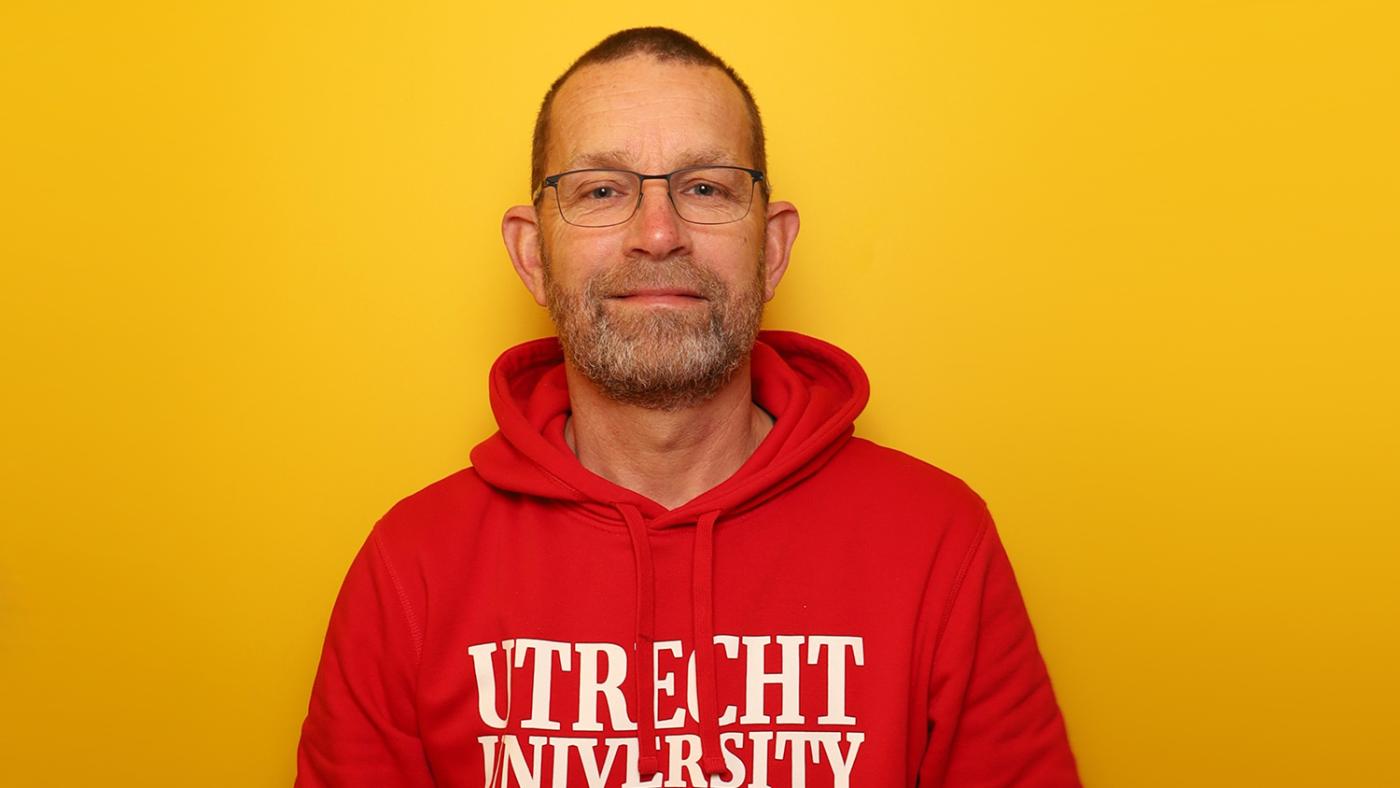Documents are late, council not involved in decisions
‘Executive Board does not sufficiently stress the importance of representative councils’

By the end of last year, Erwin van Sas and his fellow council members had had enough. The Executive Board had taken too long to respond to a memo from a couple of members advocating permanent appointments for temporary lecturers. The statutory three-month deadline for a response was far exceeded. In addition, important arguments were barely addressed, according to the Council.
“Undesirable and unacceptable,” according to Van Sas who described what had happened at a committee meeting. He said the procedure fitted seamlessly into a pattern in which the Executive Board was late in delivering documents and sometimes a little too lenient with other information rights and needs of council members.
Van Sas therefore asked the Board to be more considerate of the Council. He also made complaints to the Supervisory Board, which can hold members of the Executive Board accountable for such matters. Has there been any improvement in the meantime?, we ask the associate professor at University College Utrecht a few months later.
“Fair is fair, the Executive Board has come to its senses,” says Van Sas. “President of the Executive Board Anton Pijpers has admitted that he has too often made promises he could not keep. So now you hear him say at meetings that he should consult with a policy officer before giving an answer or promising information. And then he also indicates what follow-up we can expect. That gives us more guidance as a council.”

Erwin van Sas, private collection
But ...?
“But we still often feel that there is a gap between words and deeds. The Executive Board says that it considers participation important and takes it seriously, but in practice we have seen for at least a year and a half that in too many cases we are not informed of decisions in a timely and complete manner. Even in recent months there have been several occasions when we have received documents on the Friday before the Monday meeting.”
“A policy officer has been appointed to help the University Council recruit new members and inform students and staff about the upcoming elections. That's great, but in my opinion it's of little use if the Executive Board doesn't improve its own working methods and show that the council matters.”
Why do you think this is going wrong?
“It seems that the Executive Board is too busy with all the geopolitical challenges and all the questions it sees coming from the Dutch government and society, including the budget cuts. As a result, they may forget that representative councils should be involved in advance when the board decides, for example, that university buildings will be closed earlier or honours programmes will be stopped, just to name a few, in order to cut costs.
Forgotten ...?
“I don't think that we are being deliberately avoided. But it may be that policy officers and board members are so caught up in the madness of the day that they are no longer willing or able to open themselves up to the opinion of a critical friend. Because that's what we are. We are not an action platform or a trade union. We all have the same goal in mind.”
Why do you think this is so important?
“It is frustrating when you are given little time to read and preview memo’s. And when you have to read in DUB or a newspaper the Executive Board made some kind of a decision. Or when debates are postponed and important decisions are brought forward. It's not good for the university.
“Take the policy on protests at the university. This has been under discussion for almost two years. And still students and staff, as well as the organisation itself, do not know exactly under what conditions and in what way students are allowed to demonstrate at this university.
“But the best example is probably the discussion about the abolition of honours programmes. A lot of things went wrong with the process and the communication. As a result, supporters and opponents dug themselves into trenches both inside and outside the council. Who wants to be shot at? Nobody. As a result, the decision is postponed for a year and we will discuss it again next year. Unnecessary, in my opinion.”
What does this do to the council members?
“Well, they get a bit cynical. Why would you want to be on the council if your position as a member is obviously not recognised? Then your work has little added value. I myself had to consider for a long time whether to stand for re-election in the upcoming elections in May. In the end, I did, because I believe that in the difficult times the university is going through, you should not run away from your responsibilities. And I am one who seeks a compromise. I believe that we can come out of this together with the board.”
So how do you think that might happen?
“I think we can convince the Executive Board that the University Council can actually be helpful in getting through these difficult times. We see the good will of the board members, and they do many things well, but they make it harder for themselves by keeping us poorly informed. We are critical, but also constructive. Use us, I would say. We are not just a legal obligation.
The University Council's complaints about the provision of information by the Executive Board are not isolated. Earlier, in an opinion piece on DUB, the Staf Council of the Corporate Offices (UBD) expressed its dissatisfaction with the way it is involved in decision-making. At the same time, the trade unions are also sounding the alarm. They want their own space on the university's intranet. This, they say, has been promised, but is still pending.
It is noteworthy that the Supervisory Board explicitly states in the job description for the new President that the successor to Anton Pijpers is expected to inform the university council properly and in good time. This was also previously emphasised in the vacancy notice for the new Rector, which eventually led to the appointment of Wilco Hazeleger.
In a response, the Executive Board says it is in 'intensive' discussion with the University Council on this issue. Several actions are already underway to improve processes. The board is happy to continue these discussions.